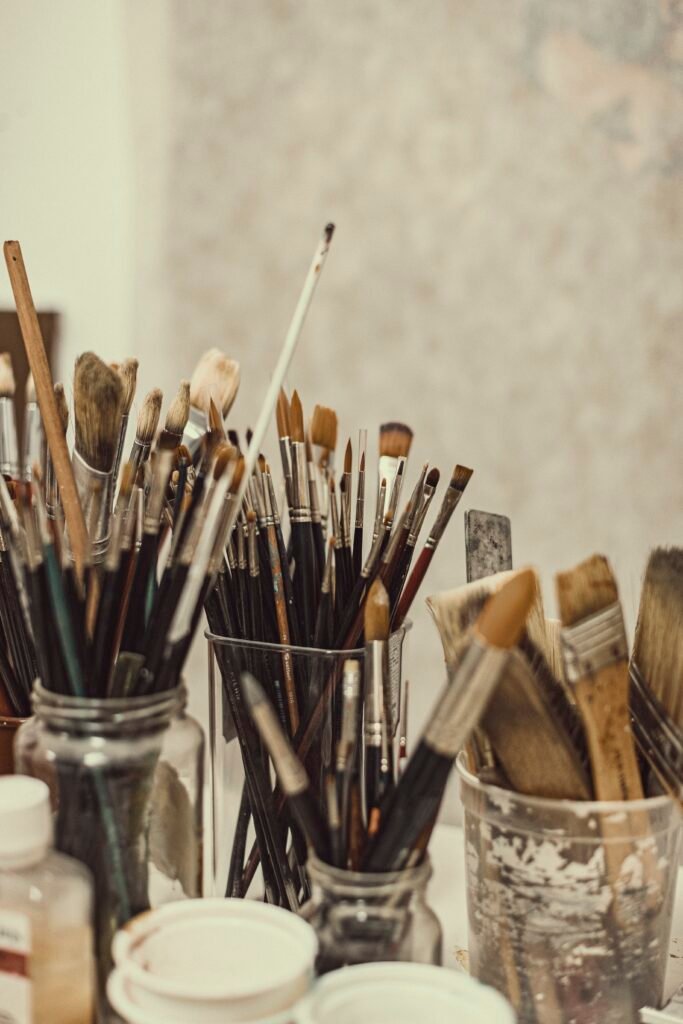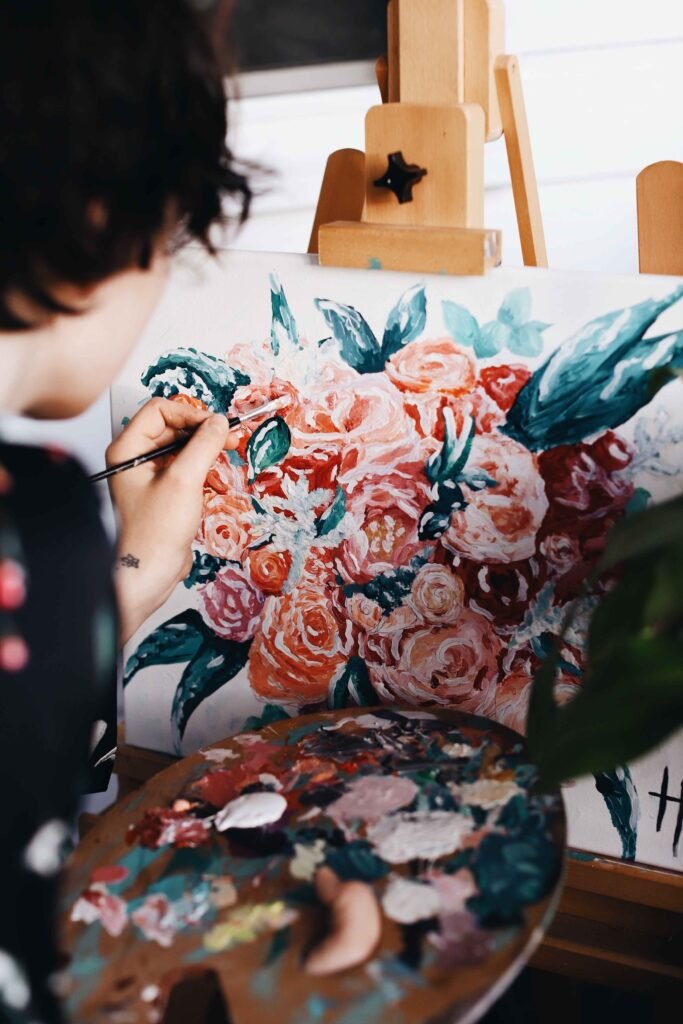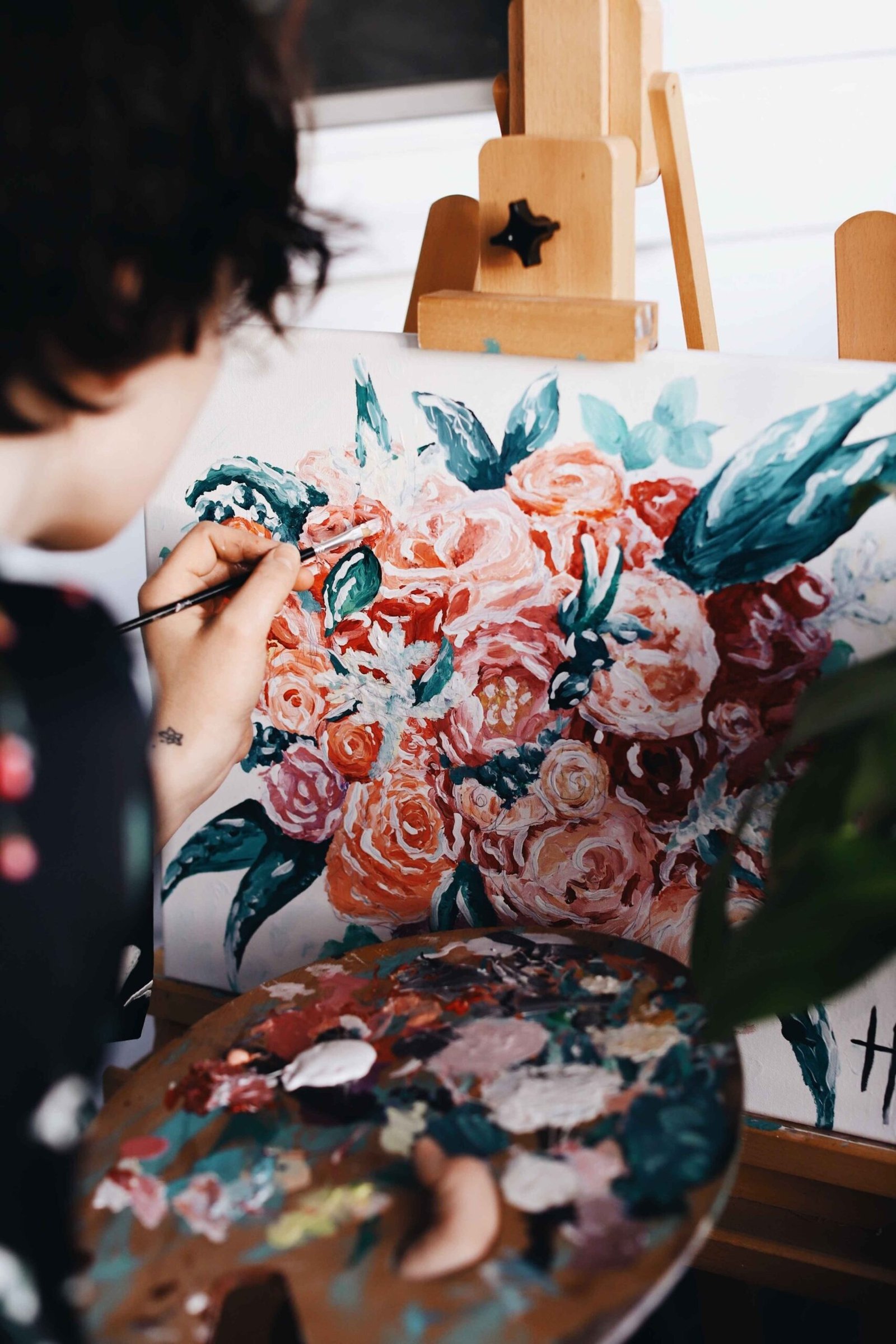In the thought-provoking article “Potential Threats and Solutions of Artificial Intelligence in the Creative Industry,” U.S. Sen. Martin Heinrich, author George R. R. Martin, and University of New Mexico professor Melanie Moses come together to discuss the implications of artificial intelligence (AI) in the creative industry. With the recent inclusion of AI provisions in the Writers Guild of America’s contract and the Authors Guild lawsuit, questions around copyright law, labor rights, and disinformation have emerged. As Heinrich emphasizes the importance of regulating AI to protect creators and avoid the concentration of power, the democratization of AI technology becomes crucial. However, the use of AI also poses issues of bias, misinformation, and potential job loss for creative workers. As we navigate this evolving landscape, it becomes clear that legislation and regulation need to address property rights, copyright, and compensation concerning AI-generated content.
Threats of AI in the Creative Industry
Artificial Intelligence (AI) has shown immense potential in revolutionizing various industries, including the creative sector. However, it also poses significant threats that need to be addressed. In this article, we will explore the key threats of AI in the creative industry and discuss potential solutions to mitigate these risks.
Replacing Human Creators
One of the major concerns regarding AI in the creative industry is the possibility of human creators being replaced by AI-generated content. While AI can create impressive works of art, music, and literature, it lacks the nuanced human touch and creativity that drives originality and emotional depth. It’s important to recognize that AI should be seen as a tool to enhance human creativity rather than a substitute for it.
Questions of Compensation and Rights
The rise of AI-generated content raises questions about compensation and rights for human creators. If AI can produce content indistinguishable from that created by humans, who should be credited and remunerated for the work? This presents a significant challenge to existing copyright and intellectual property laws, which may require updating to ensure fair compensation and recognition for both human creators and AI systems.
Loss of Creative Contributions
The creative industry is built on the contributions of talented individuals who bring unique perspectives and experiences to their craft. If AI replaces human creators, we run the risk of losing this diverse range of creative contributions. Human creativity stems from personal experiences, emotions, and cultural backgrounds, which AI cannot replicate. Preserving the authenticity and diversity of creative outputs must be a priority when considering the integration of AI in the industry.

Issues of Misinformation and Propaganda
The use of AI in generating news articles, images, and videos also raises concerns about the spread of misinformation and propaganda. AI algorithms can be manipulated to create and disseminate false narratives, leading to misinformation and potentially influencing public opinion. It is crucial to develop regulatory frameworks and ethical guidelines to ensure responsible use of AI in the creative industry and mitigate the risks of misinformation and propaganda.
Copyright and Intellectual Property Concerns
The use of AI in the creative industry has triggered a range of copyright and intellectual property concerns. The Authors Guild lawsuit, supported by prominent figures like author George R. R. Martin, alleges “mass copyright infringement” of authors’ works used to train AI programs. This lawsuit highlights the significance of protecting the rights of creators and the need for clear regulations around the use of copyrighted materials in AI applications.
Mass Copyright Infringement Lawsuit
The Authors Guild lawsuit is just one example of the legal battles that may arise due to AI-generated content. When AI systems are trained on copyrighted works without proper licensing or permissions, it raises questions about the fair use of intellectual property. The resolution of such lawsuits will shape the future of AI in the creative industry and establish guidelines for the protection of creators’ rights.

Challenges for Copyright Law and Labor Rights
The integration of AI in the creative industry brings new challenges to existing copyright law and labor rights. How do we determine ownership and authorship when AI plays a significant role in content creation? Should AI systems be granted copyright protection? These questions require careful consideration to strike a balance between encouraging innovation and safeguarding the welfare of human creators.
Regulating AI to Protect Creators
To address the threats posed by AI in the creative industry, regulation is necessary to protect creators’ rights and intellectual property. U.S. Sen. Martin Heinrich emphasizes the need for such regulations to safeguard copyright and prevent potential infringement. By implementing clear regulatory frameworks, we can ensure that AI systems respect property rights and creators receive appropriate compensation for their work.
Bias and Representation Issues
AI systems are not immune to biases and limitations. One notable challenge is the difficulty in depicting Black people in positions of authority. AI algorithms have shown a tendency to perpetuate stereotypes and underrepresent certain communities. Addressing this issue requires a collective effort to train AI on more diverse and inclusive datasets, ensuring fair and accurate representation of all individuals.

Difficulties Depicting Black People in Authority
The lack of representation of Black people in authoritative roles in AI-generated content is a pressing concern. It reflects the biases inherent in the datasets used to train these systems. AI programs need to be trained on diverse datasets that include a wide range of racial and ethnic backgrounds to overcome these biases and promote more equitable representation.
Challenges with Fair and Accurate Representation
Achieving fair and accurate representation goes beyond racial biases. AI systems must also consider factors like gender, age, and other characteristics to create content that is inclusive and reflective of diverse perspectives. Overcoming these challenges requires ongoing efforts to develop AI algorithms that are sensitive to the nuances of representation and ensure equitable outcomes.
Democratization and Concentration of Power
The democratization of AI technology and access is crucial to avoid concentration of power in a few large corporations. Limiting access to AI technologies could lead to the domination of the creative industry by a select few, stifling innovation and diversity. It is vital to promote widespread access to AI tools and democratize the creative process to empower individual creators and foster a more vibrant and inclusive industry.
Importance of Access to AI Technology
Providing access to AI technology enables more creators to experiment, innovate, and push the boundaries of their craft. It unlocks new possibilities and levels the playing field, allowing individuals from diverse backgrounds to participate in the creative industry. By ensuring equitable access, we can maximize the potential of AI while preventing the concentration of power and resources in the hands of a privileged few.
Preventing Power Concentration in Large Corporations
The concentration of AI technology and resources in a limited number of large corporations poses a risk to the creative industry. The dominance of a few players restricts competition, limits diversity, and hampers innovation. To prevent this concentration of power, regulatory measures should be put in place to promote fair competition, encourage a level playing field, and provide opportunities for smaller creative entities to thrive.
Addressing Property Rights and Compensation
Legislation and regulation must address property rights and compensation related to AI-generated content. Clear guidelines need to be established to determine ownership and ensure that creators are fairly compensated for their contributions, regardless of whether they involve human or AI involvement. By protecting property rights and promoting equitable compensation, we can encourage the continued progress and sustainability of the creative industry.
Ensuring Fairness and Accountability
In an AI-driven creative industry, fairness and accountability must be central to the development and deployment of AI systems. Ethical guidelines should be established to govern the use of AI technologies, ensuring that they align with societal values and do not perpetuate harm. Holding both creators and AI systems accountable for their actions and decisions is crucial to foster trust, fairness, and responsible innovation.
Solutions to AI Threats in the Creative Industry
While the threats posed by AI in the creative industry are significant, there are also potential solutions to mitigate these risks and ensure a harmonious coexistence between AI and human creators.
Ethical Design and Development of AI
Ensuring the ethical design and development of AI systems is crucial to address the threats it poses in the creative industry. Developers should prioritize transparency, fairness, and accountability in the algorithms and datasets they use. By integrating ethical considerations into the design process, we can minimize biases, enhance accuracy, and build trust in AI systems.
Ensuring Diversity and Inclusion in AI Programs
To overcome biases and representation issues, it is essential to prioritize diversity and inclusion in AI programs. This includes diversifying the datasets used to train AI algorithms, involving a wide range of voices and perspectives in the development process, and embracing interdisciplinary collaboration. By fostering diversity, we can create AI systems that are more inclusive, representative, and sensitive to the needs of diverse communities.
Promoting Collaboration between AI and Human Creators
Rather than viewing AI as a threat, the creative industry should embrace it as a tool for collaboration. AI can complement human creativity and enhance the creative process by providing novel insights and generating ideas. Encouraging collaboration between AI systems and human creators fosters innovation, encourages cross-pollination of ideas, and expands the creative boundaries.
Education and Upskilling for Creative Professionals
To navigate the evolving landscape of the creative industry, it is essential to invest in education and upskilling for creative professionals. By providing training and resources, we can empower individuals to adapt to the integration of AI and develop the necessary skills to thrive in a technologically advanced creative ecosystem. Educating creators about the benefits and potential risks of AI enables them to make informed decisions and leverage AI to their advantage.
In conclusion, while AI has the potential to revolutionize the creative industry, it also poses significant threats. From replacing human creators to copyright concerns and bias issues, the integration of AI requires careful regulation and ethical considerations. By prioritizing fairness, diversity, and collaboration and ensuring access to AI technology, we can navigate the challenges posed by AI and foster a creative industry that embraces innovation, celebrates human creativity, and values the contributions of both AI and human creators.





